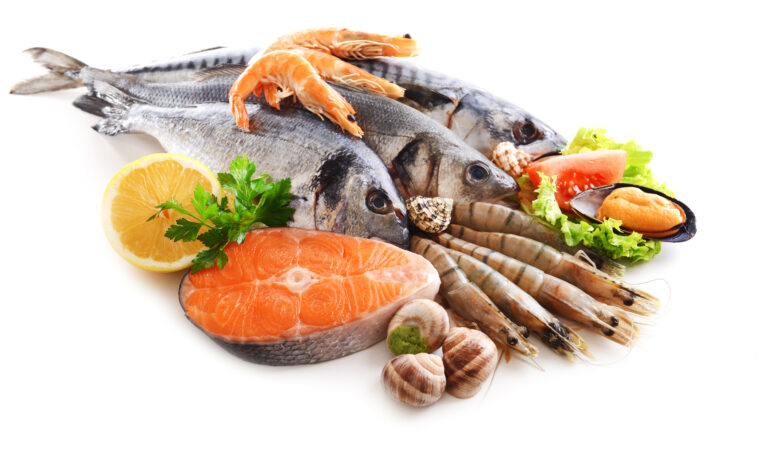The failure of a seafood processor to have and implement a seafood HACCP plan can constitute a serious regulatory violation. It was exactly that for which a seafood processing facility was cited, with specific findings including:
- Inadequate critical limits to control C. botulinum pathogen growth and toxin formation and histamine formation, along with instances of storage temperatures exceeding critical limits.
- Inconsistent or incomplete monitoring and verification procedures, with missing checks noted.
- Incomplete or non-implemented corrective actions, with implicated products not evaluated for safety.
- Insufficient monitoring of sanitation conditions and practices in key areas to ensure GMP compliance, with no monitoring recorded on some dates.
It is important for all facilities subject to HACCP requirements to remember that HACCP plans must be rooted in science and include controls that will adequately and sufficiently control the identified hazards. Further, facilities must adhere to noted frequencies for parameters, such as monitoring, and ensure that corrective actions include an evaluation of the finished product.





